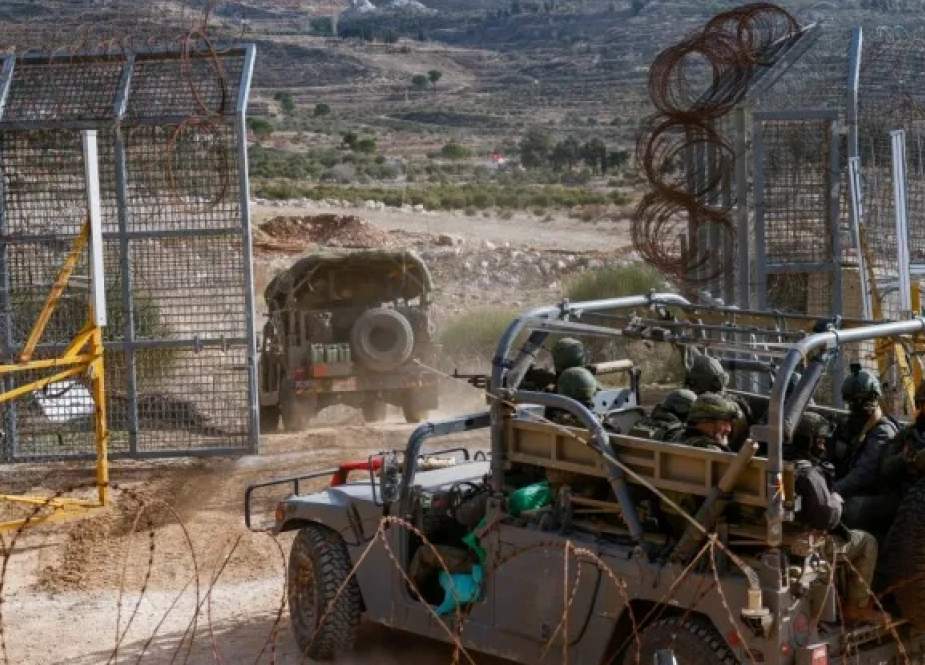500 bombings in 10 days | What does Israel want from Syria?
In less than 10 days after the fall of Bashar al-Assad’s government in Damascus, the Israeli regime has bombed targets in Syria more than 500 times. The Al-Mayadeen news agency also reported yesterday, citing Israeli media, that Tel Aviv destroyed Syrian air defense systems in just a few hours and dropped 1,800 bombs on more than 500 targets in Syria. In the meantime, the views on Damascus after the fall of Bashar al-Assad are: why has Tel Aviv intensified its bombing of Syria in the past week?
Which Syrian targets have been bombed?
By referring to the reports and news published about the areas bombed in Syria by the Israeli regime, we can list some of the targets bombed in Syria. It should be noted that the majority of the targets bombed in Syria are military targets belonging to the country’s former army. According to Euronews, the Israeli Air Force targeted various types of weapons during these attacks, including Scud and cruise missiles, surface-to-air and surface-to-surface missiles, drones, fighter jets, attack helicopters, radars, tanks, and aircraft hangars. Some of these targets include:
Al-Mazza military airport in Damascus, the Sweida air base as a missile storage base for the Syrian army, many workshops of the Ministry of Defense in Aleppo, other weapons and ammunition depots around Damascus, military bases, dozens of warplanes, dozens of surface-to-air missile systems, military equipment production sites, weapons depots and surface-to-surface missile depots, the Syrian Army Air Defense Battalion in the Maaloula area, the headquarters of the 4th Division and the 105th Division of the Presidential Guard, other military targets in western Damascus, a number of military bases in the city of Daraa in southern Syria, the headquarters of the 132nd Brigade of the Syrian Army in the south, the Syrian Army Scientific Research Center in Barzeh Damascus, the “Jediya” battalion in the north of the city of Ankhal, the “Tel al-Hamad” area in the west of the city of Sheikh Miskin in Daraa province, “Tel al-Shaar” in Quneitra province, the long-range Scud surface-to-surface missile depot belonging to the 155th Brigade of the army in the Qalamoun Mountains
Israel’s excuse for bombing Syria
For years, the Zionist regime has justified its attacks on Syria by claiming to The justification for the strikes is to destroy military targets close to or belonging to Iranian forces. However, all evidence and statements from Iranian officials and even rebel groups indicate that no Iranian or Iranian-affiliated military forces are currently present in Syria.
Ahmad Delali, an official in the Joint Operations Directorate of the former Syrian opposition factions that now control the country, told Media Line that the ruling factions have secured all military facilities they seized after the fall of the Assad regime. He added that the Israeli attacks have mostly focused on missile depots, scientific research centers, and warships, and that Israel’s claim that Iranian forces are present in these facilities is not true, as Iranian forces are no longer present in Syria.
Another pretext Israel uses for bombing military targets on Syrian soil is to try to prevent fundamentalist groups from accessing weapons from the former Syrian army. Israeli Foreign Minister Gideon Saar also defended Israel’s aggression against Syria on Sunday, claiming that Israel intended to target suspected chemical weapons sites and long-range missile sites to prevent this equipment from being seized by armed groups. He also went on to claim that we attacked strategic weapons systems, such as remaining chemical weapons or long-range missiles and rockets, to prevent them from falling into the hands of rebels.

